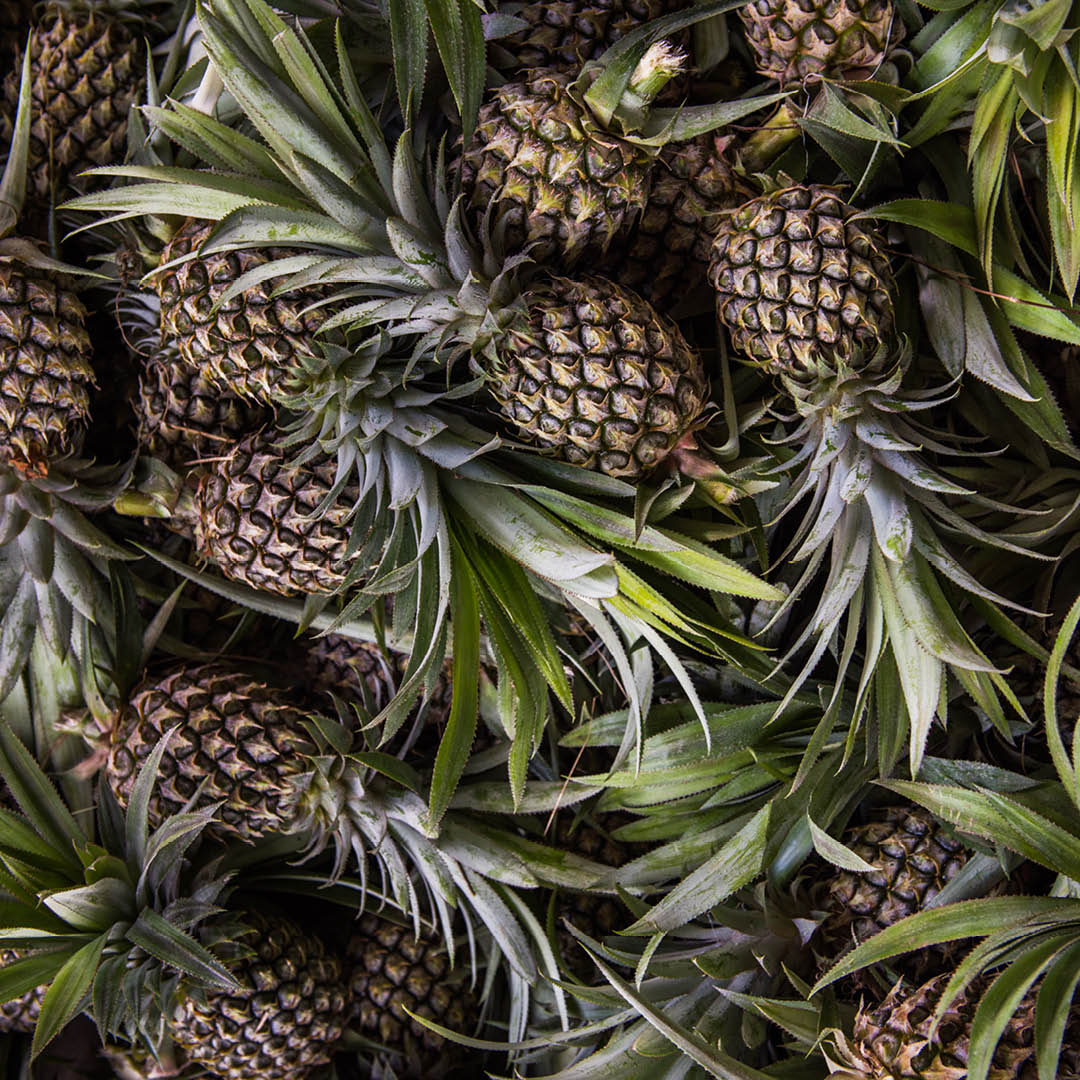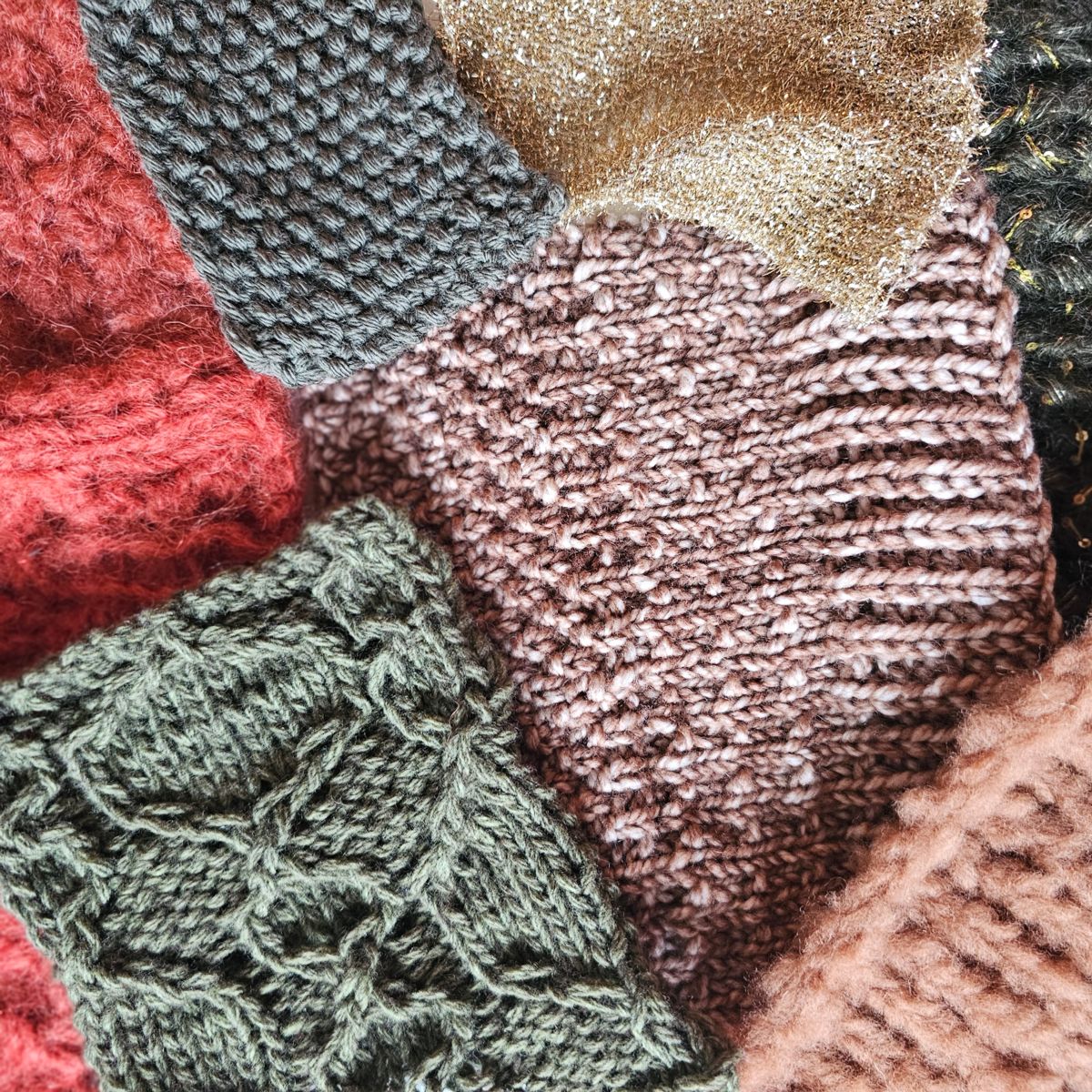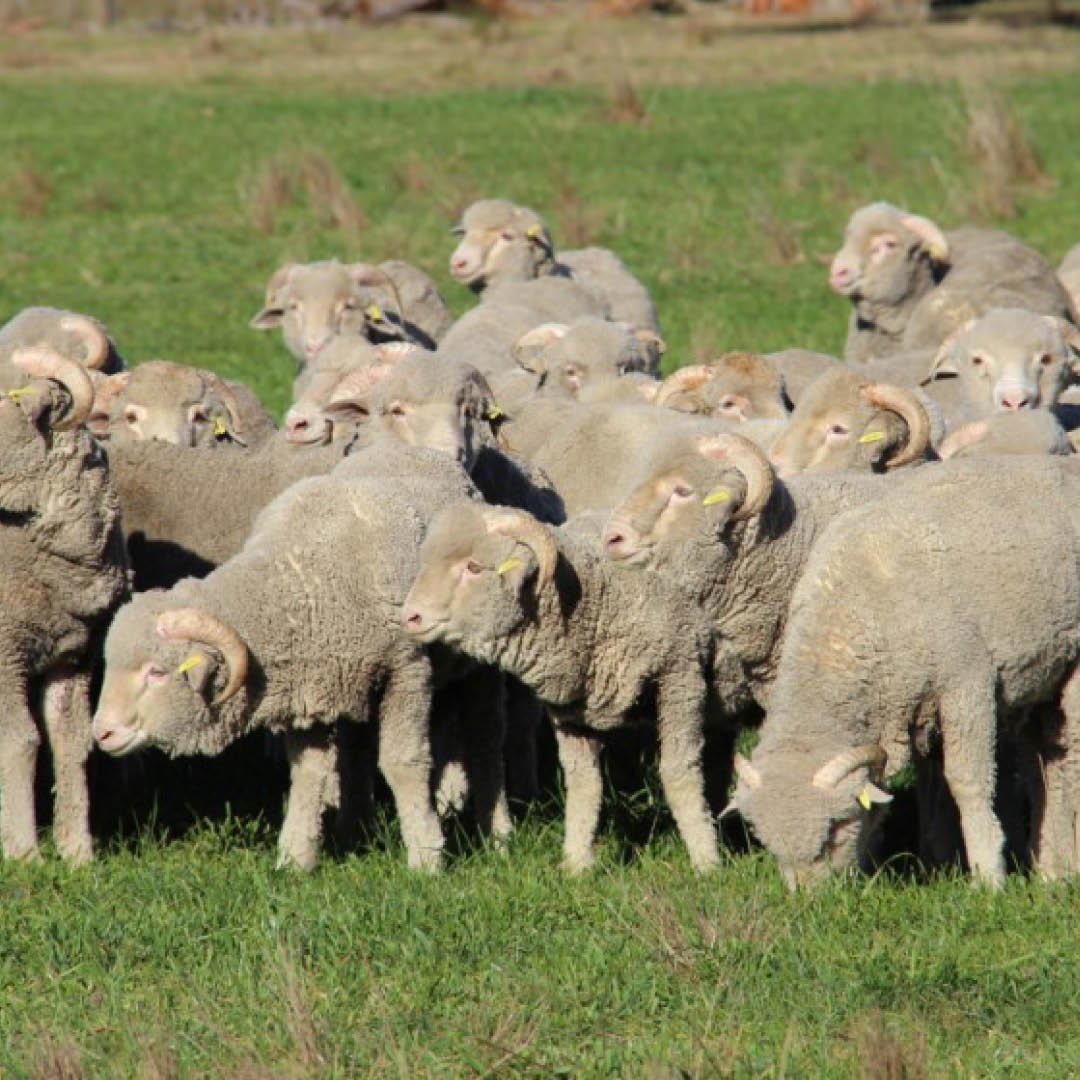WELCOME TO COUNTY DONEGAL IN IRELAND
This publication invites you on a journey of discovery through the rich history of County Donegal in western Ireland, including tales of its centuries-old textile tradition. The region‘s rugged landscape and vibrant culture are reflected in the colours and textures of its textiles. Learn more about the yarns you are using and infuse your knitting with a new appreciation for quality, tradition and artistry. Alongside inspiring knitting patterns, you will find fascinating facts about the origins, colours and properties of the yarns, which capture imaginations with their rustic character and unique aesthetic appeal.
LANDSCAPE – THE COLOURS
The rugged beauty and expressive textures of the landscape along Ireland’s western coast serve as inspiration for the colours of DONEGAL WOOLEN SPUN and DONEGAL TWEED+. Each colourway captures elements of the wild Atlantic coast and reflects the heather-rich hills, the green pastures and the deep, slate-blue waters. Delicate speckles and subtle hues are reminiscent of the varied scenery – of granite cliffs, windswept beaches and dramatic skies – and give each ball of yarn its authentic Irish character. The Donegal yarns embody the spirit of this breathtaking landscape and combine traditional Irish heritage with modern craftsmanship.
IRISH KNITTING TRADITION – THE PATTERNS
Traditional Irish knitting patterns – particularly those that emerged from the Aran tradition of knitting – are much more than mere embellishment. They originate from the Aran Islands off the western coast of Ireland and tell stories of ancestry, everyday life and hope. The distinctive cable, honeycomb, diamond and herringbone patterns symbolise, for example, the ropes used by fishermen, the desire for prosperity and protection against the vagaries of nature. Each pattern has a meaning, often passed down through generations – a legacy that you can wear, knitted into jumpers, vests and scarves. Although they look complicated, many of these patterns are intuitive from a technical perspective, while at the same time offering advanced knitters scope to get creative with variations. Those who work with traditional Irish textures not only immerse themselves in a piece of cultural history, but also give their handiwork expression and character. In contemporary interpretations, classic patterns are often abstracted, enlarged, mirrored or deliberately reduced to align with modern silhouettes and lend minimalist designs an air of depth.
DONEGAL TWEED+
Spun and dyed according to the time-honoured tradition of County Donegal in Ireland, DONEGAL TWEED+ is just waiting to be transformed into classic pieces that will be cherished by generations to come. Feel the authenticity of the traditional production process in the occasional discrepancies in length and thickness, which are hallmarks of quality craftsmanship and genuine character rather than flaws. These irregularities give each project an individual touch – no two pieces are the same. It is precisely this distinctive texture that makes tweed yarn ideal for simple patterns such as stocking stitch or the classic cable knit, as they showcase the interplay between colour and texture in a particularly beautiful way. Since DONEGAL TWEED+ contains residual spinning oil, knitting and washing result in a remarkable transformation: the yarn comes into its own, growing more voluminous and gaining a luxurious softness that accentuates its timeless look.
70% 22μ Merino wool from Australia (mulesing-free) | 30% Corriedale wool from New Zealand – approx. 105m / 50g – NN 4.5-5 (US 7-8, UK 7-6)
DONEGAL WOOLEN SPUN
Made in Ireland's County Donegal using traditional machinery and techniques, DONEGAL WOOLEN SPUN is a firm favourite thanks to its unique mottled colours. It is produced as woolen spun yarn, which involves spinning shorter wool fibres together loosely without fully combing or parallelising them beforehand. Unlike worsted spun, where the fibres are aligned so they are parallel and spun more densely, woolen spun retains small air pockets between the fibres. This makes the yarn particularly light, warm and voluminous. Characteristic features of DONEGAL WOOLEN SPUN include its tactile feel and understated use of colour. Unlike our DONEGAL TWEED+ with its striking, colourful flecks, the colours of DONEGAL WOOLEN SPUN subtly blend into one another. This creates a soft and harmonious mottled look that gives the yarn depth and vitality. Thanks to its tactile texture, which becomes even softer after washing, DONEGAL WOOLEN SPUN is ideal for traditional patterns such as cable knit or Fair Isle designs. It holds stitches together well and gives the knitwear a comfortable stability – without compromising on softness.
100 % 22μ Merino wool from Australia (mulesing-free) – approx. 105m / 50g – NN 4.5-5 (US 7-8, UK 7-6)
DONEGAL TWEED+ and DONEGAL WOOLEN SPUN have the same gauge, so all patterns can be knitted with either yarn.
WOOL AND KNITTING IN DONEGAL – A HISTORY
The tradition of spinning, weaving and knitting in the cottages of south-western Donegal has been well documented all the way back to the 19th century. Most households processed the material themselves using local and imported wool: the fibres were dyed, spun and made into yarn, which was then knitted into woollen clothing or sold to local home weavers to make tweed. These items of clothing were primarily worn by members of the household; however, they were also sold to other parts of the country or in some cases even exported abroad. In the mid-20th century, growing demand for wool yarn led to the construction of modern spinning factories in the region, taking production to an industrial level. The traditional spinning and dying techniques were developed and integrated into larger-scale production processes. Technical advancements meant larger quantities of yarn could be produced with no loss of quality – both for the domestic market and for exports. In the decades that followed, production was increasingly professionalised, new machine technologies were introduced and the range of products was expanded, particularly when it came to novelty yarns. Yet despite this modernisation, Donegal yarn retained its distinctive style and the emphasis on using natural materials and authentic processing methods was never lost.
DONEGAL YARNS – THE WOOLEN MILL
The Donegal Yarns woollen mill is nestled amongst the hills of south-west Donegal, right on the coast along the Wild Atlantic Way. Its origins date back centuries and are rooted in the old tradition of hand spinning. The famous Irish tweed yarns were originally spun, woven and knitted in the home. Around 100 years ago, these traditional products made from natural fibres found their way onto international markets; ever since, authentic “Donegal Tweed” has enjoyed an excellent reputation worldwide. Today, Donegal Yarns is one of the last remaining suppliers of this authentic and high-quality product in Ireland that still produces all its yarns locally. In the historic woollen mill in the village of Kilcar, yarns of the highest quality are made using natural, sustainable fibres, including wool from Ireland, New Zealand and Australia and fine blends with cashmere, mohair and alpaca. Donegal Yarns works closely with farmers and retailers throughout the production chain – from farms to the fashion industry – and promotes sustainable wool processing as an active member of the Woolmark Company. Like our DONEGAL TWEED+ and DONEGAL WOOLEN SPUN yarns, every yarn spun by Donegal Yarns receives a certificate of authenticity which guarantees its origin, authenticity and quality.

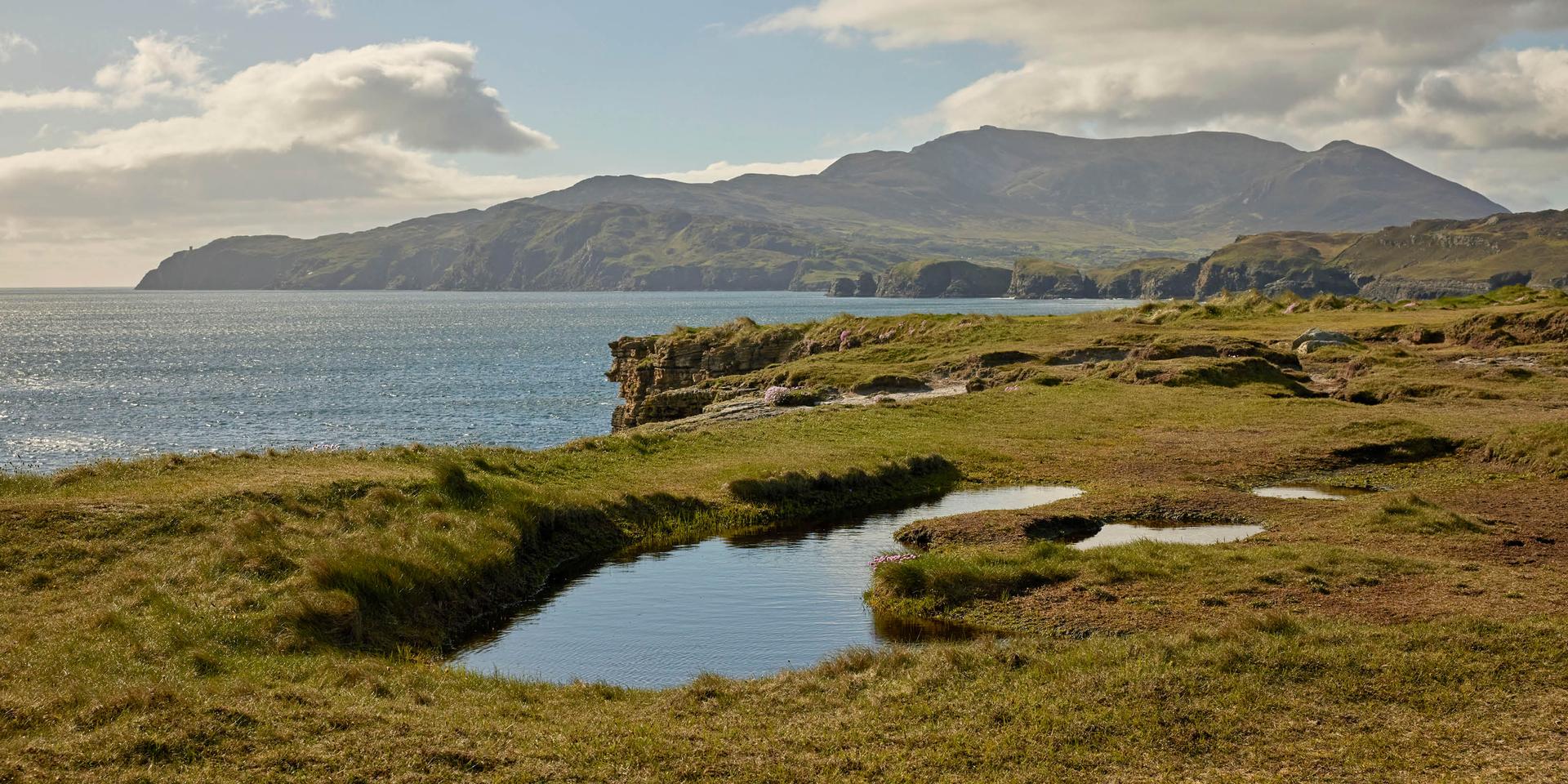
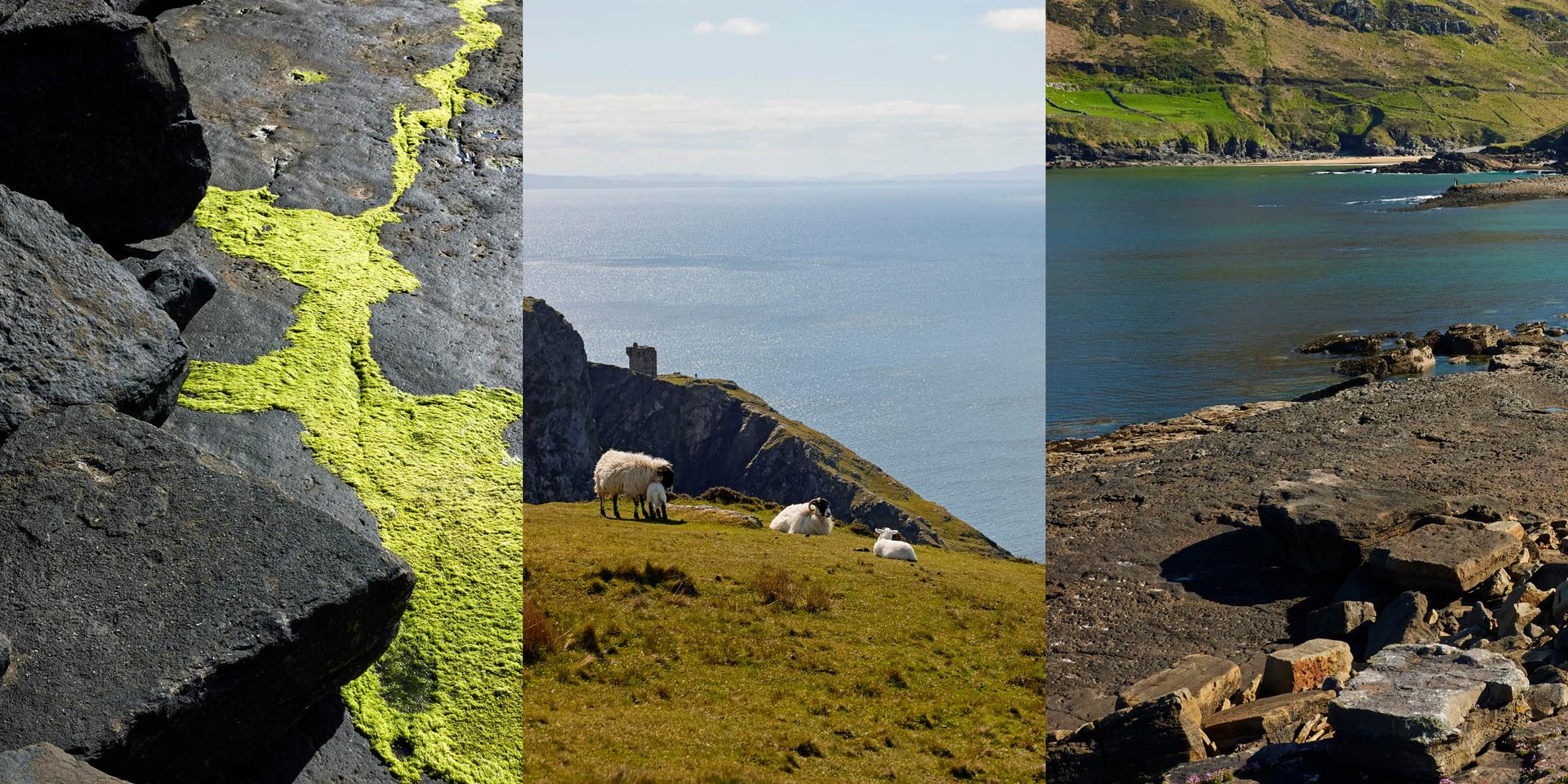
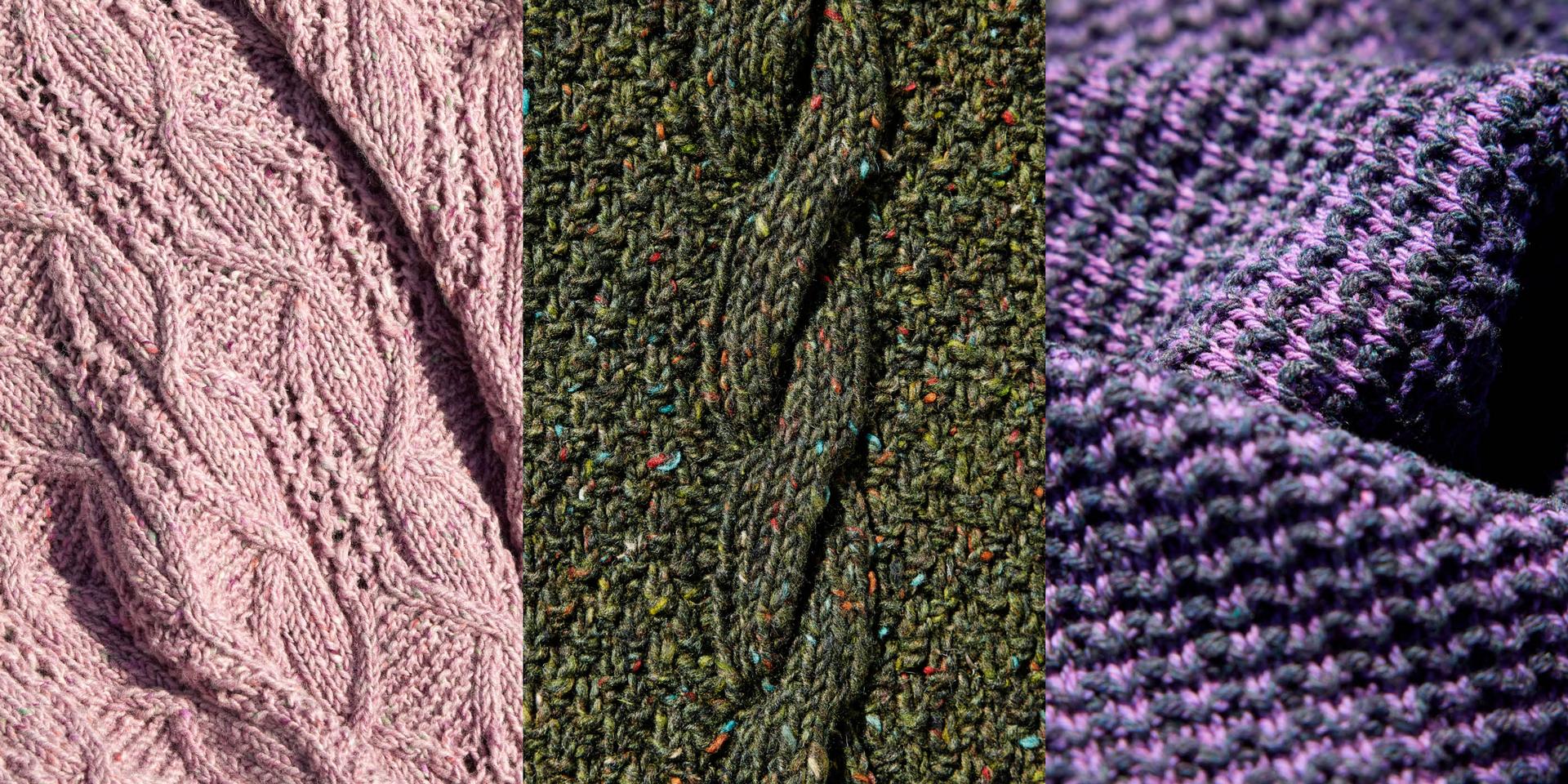
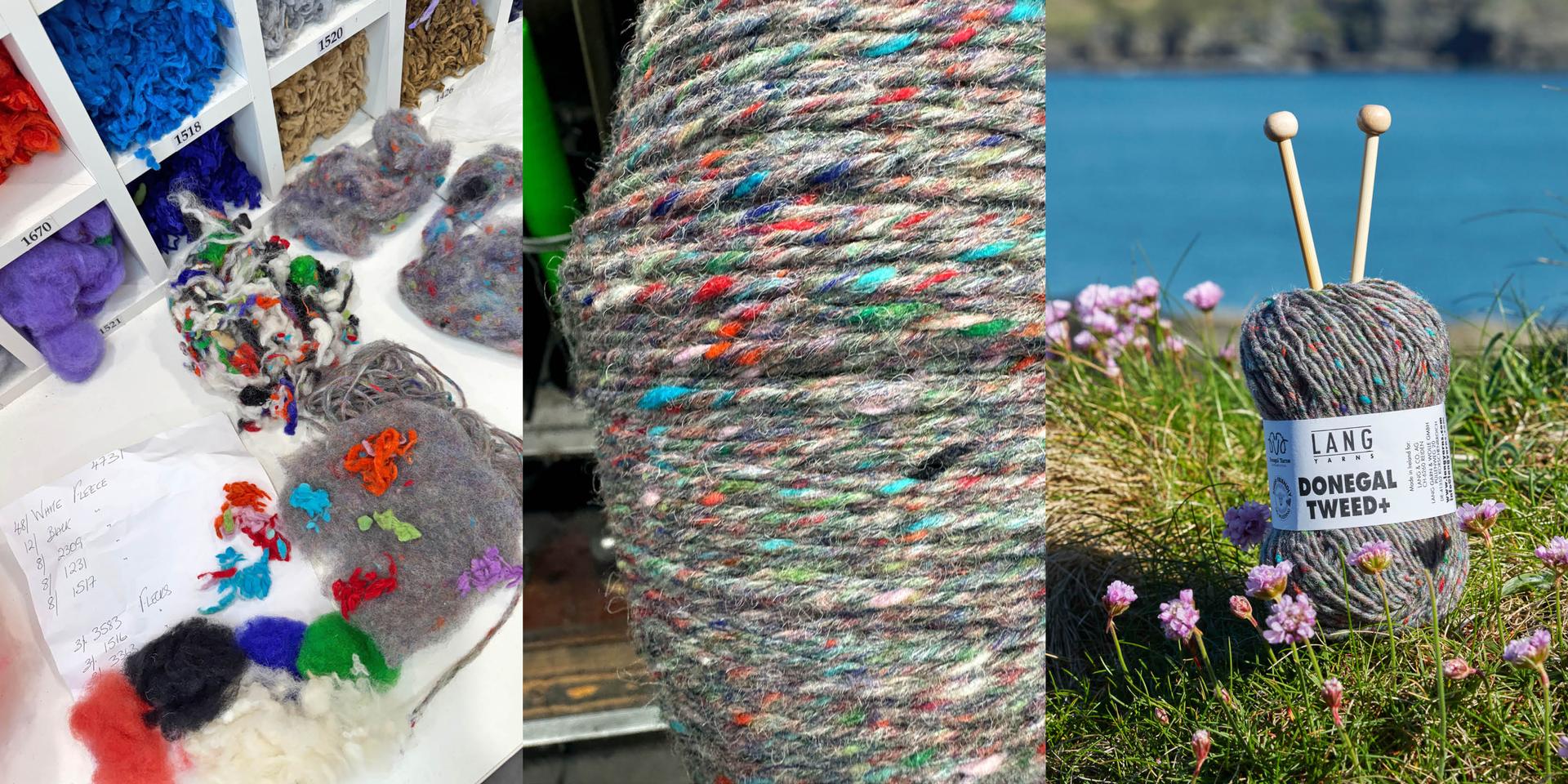
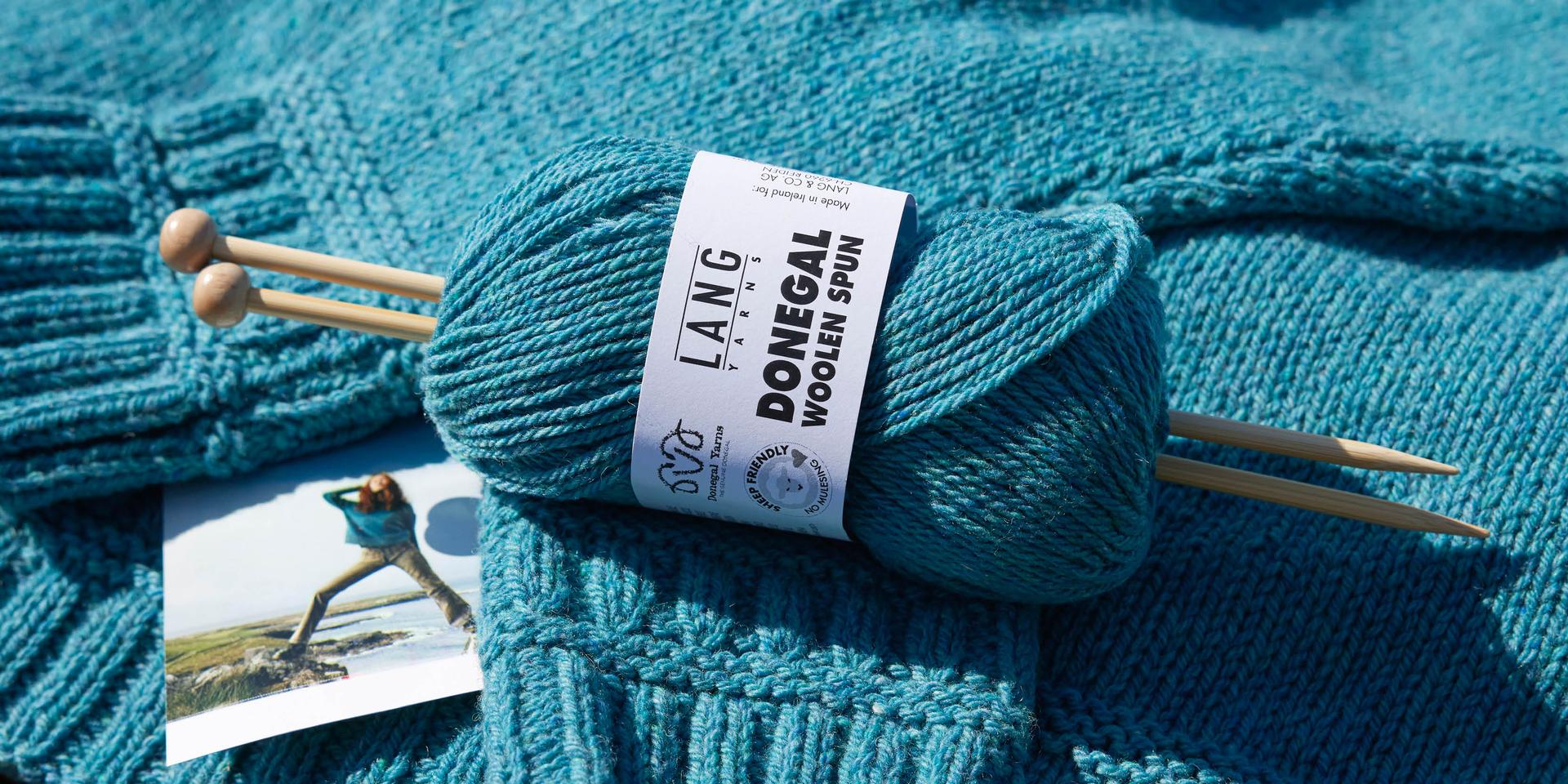
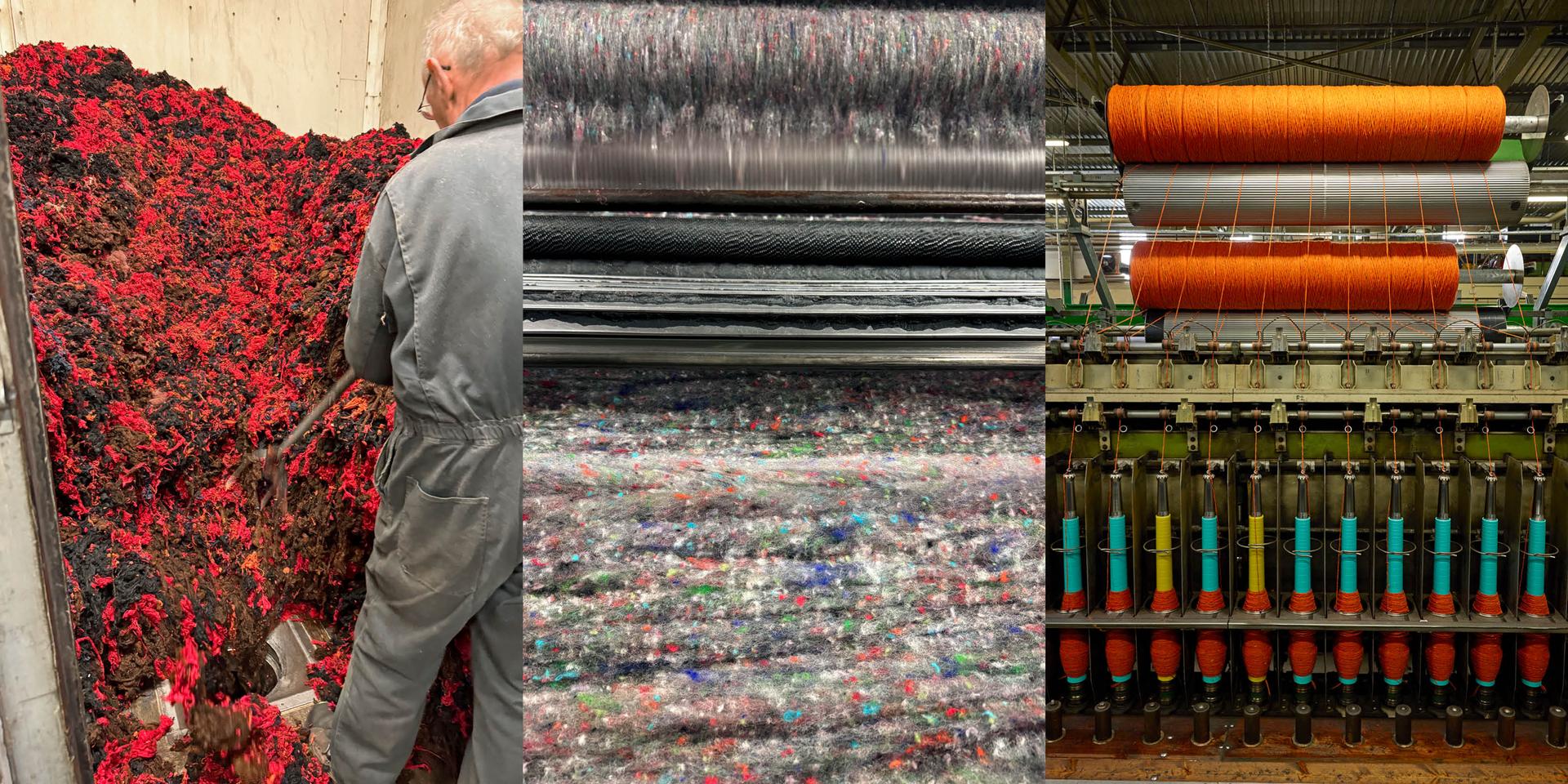
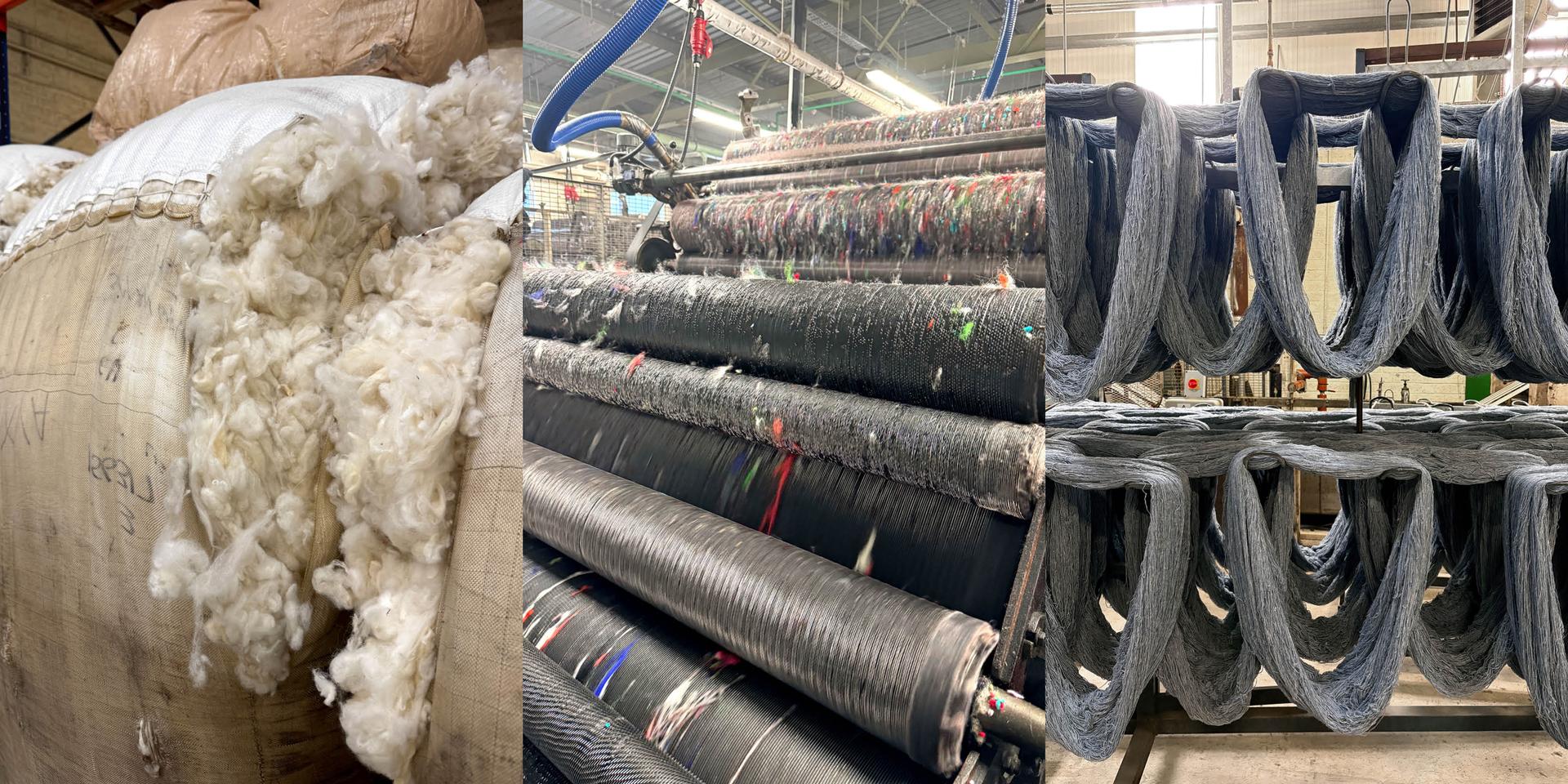
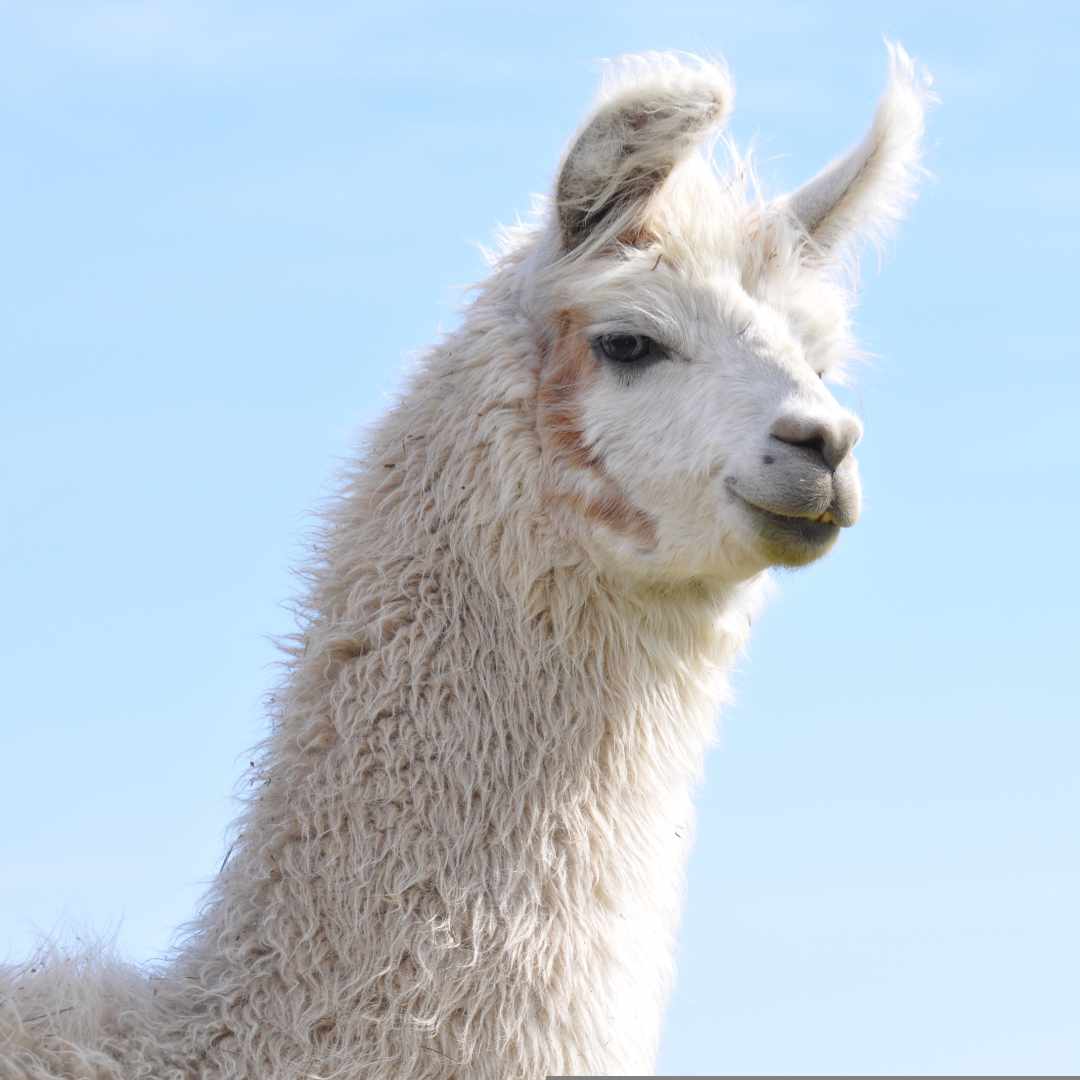

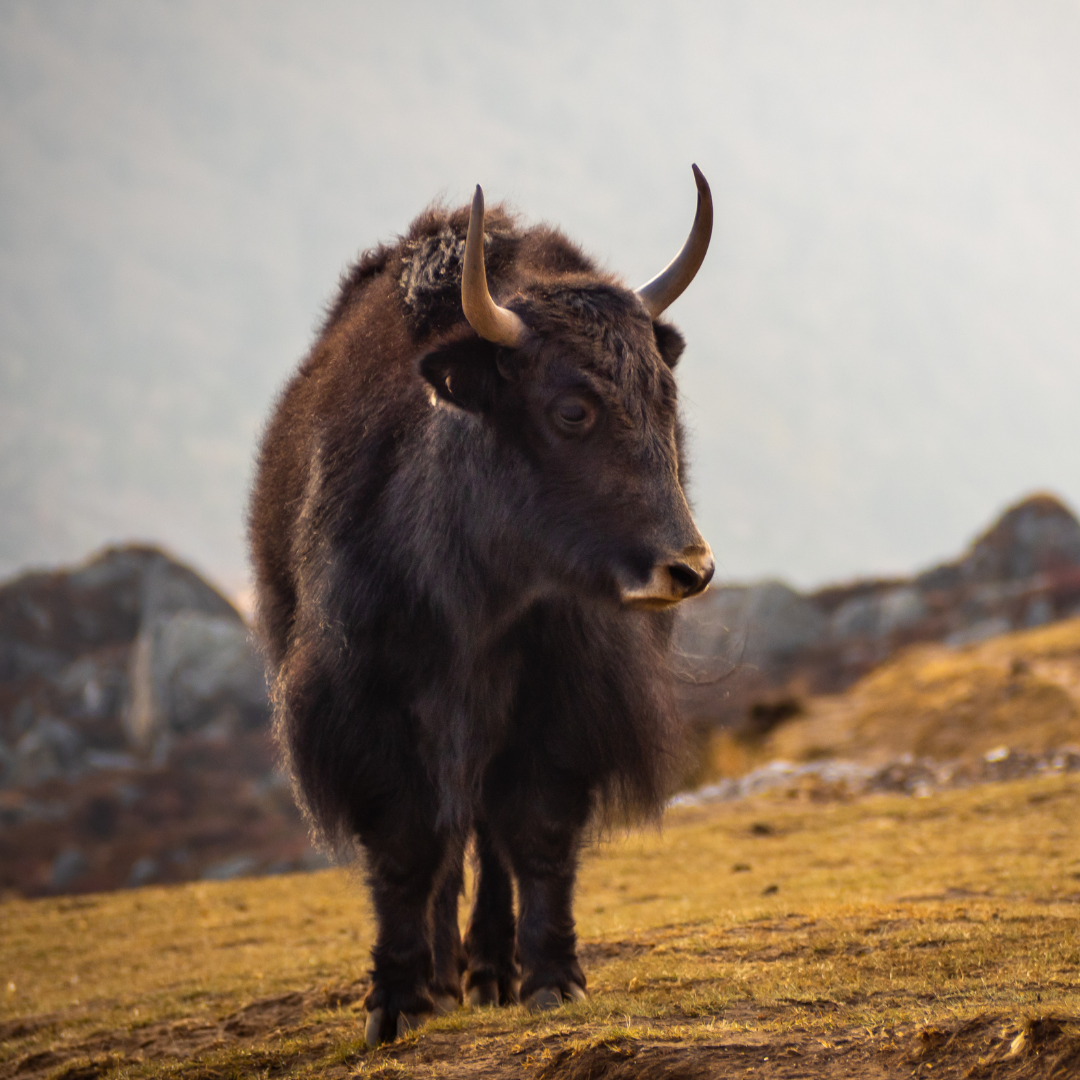
.jpg)
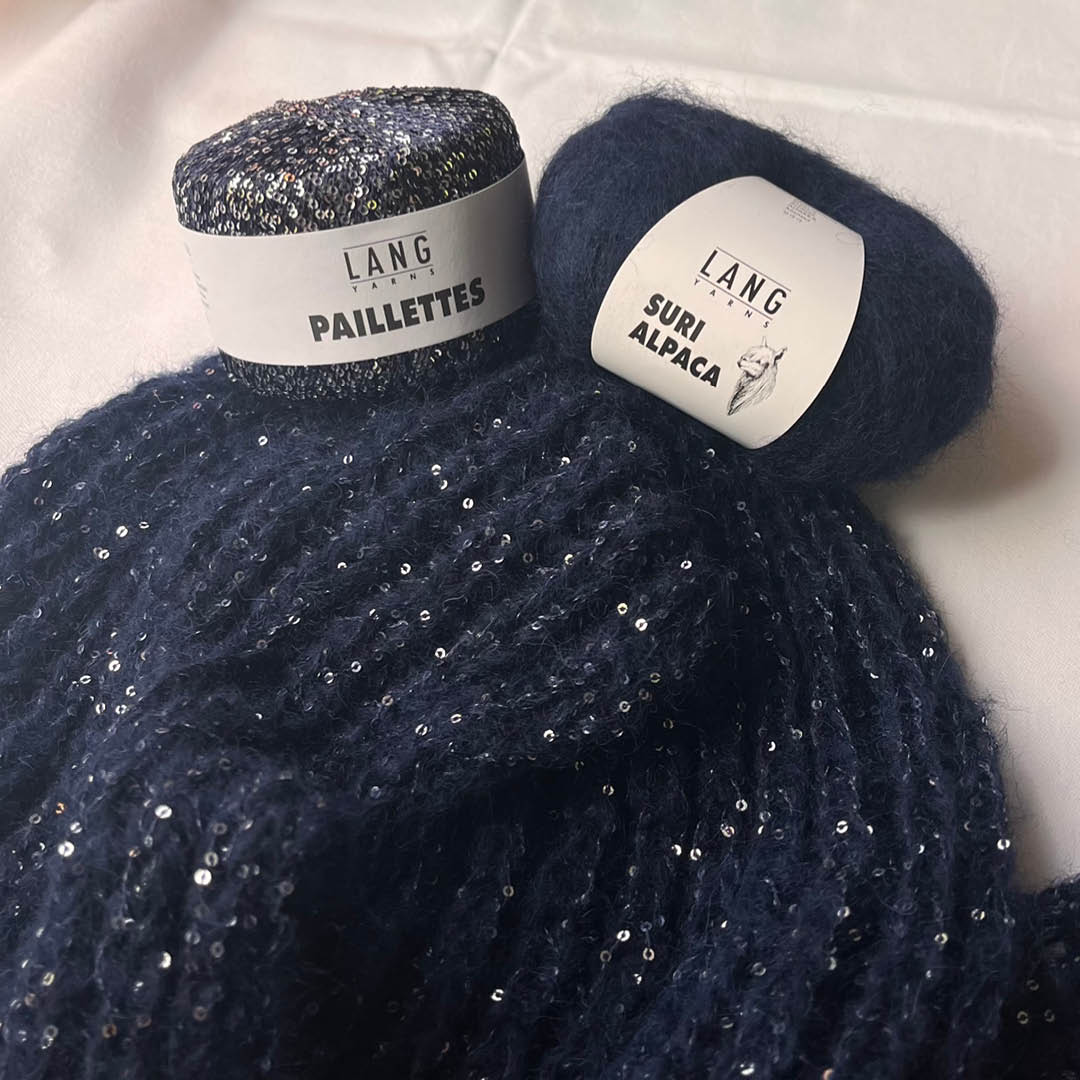
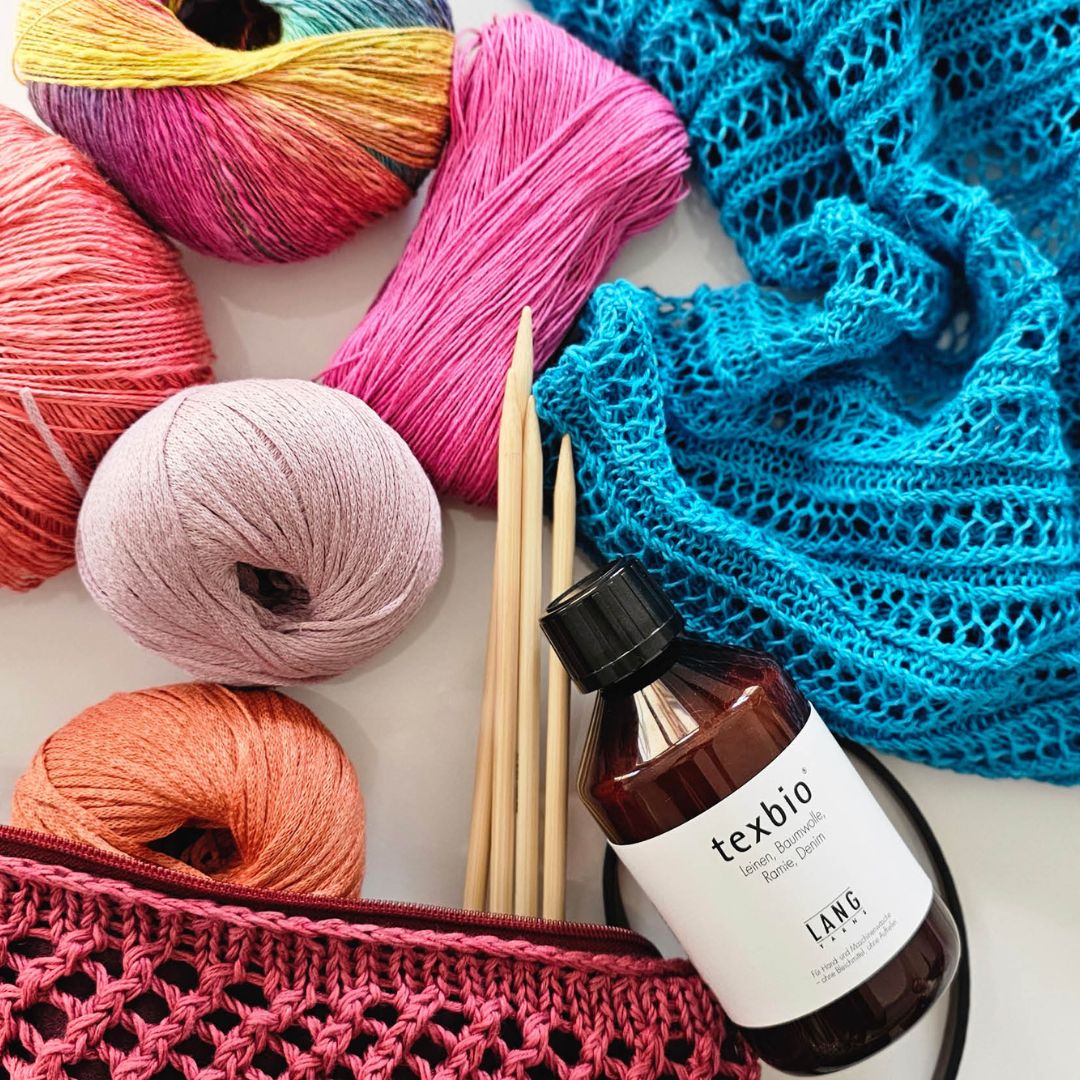
.png)
